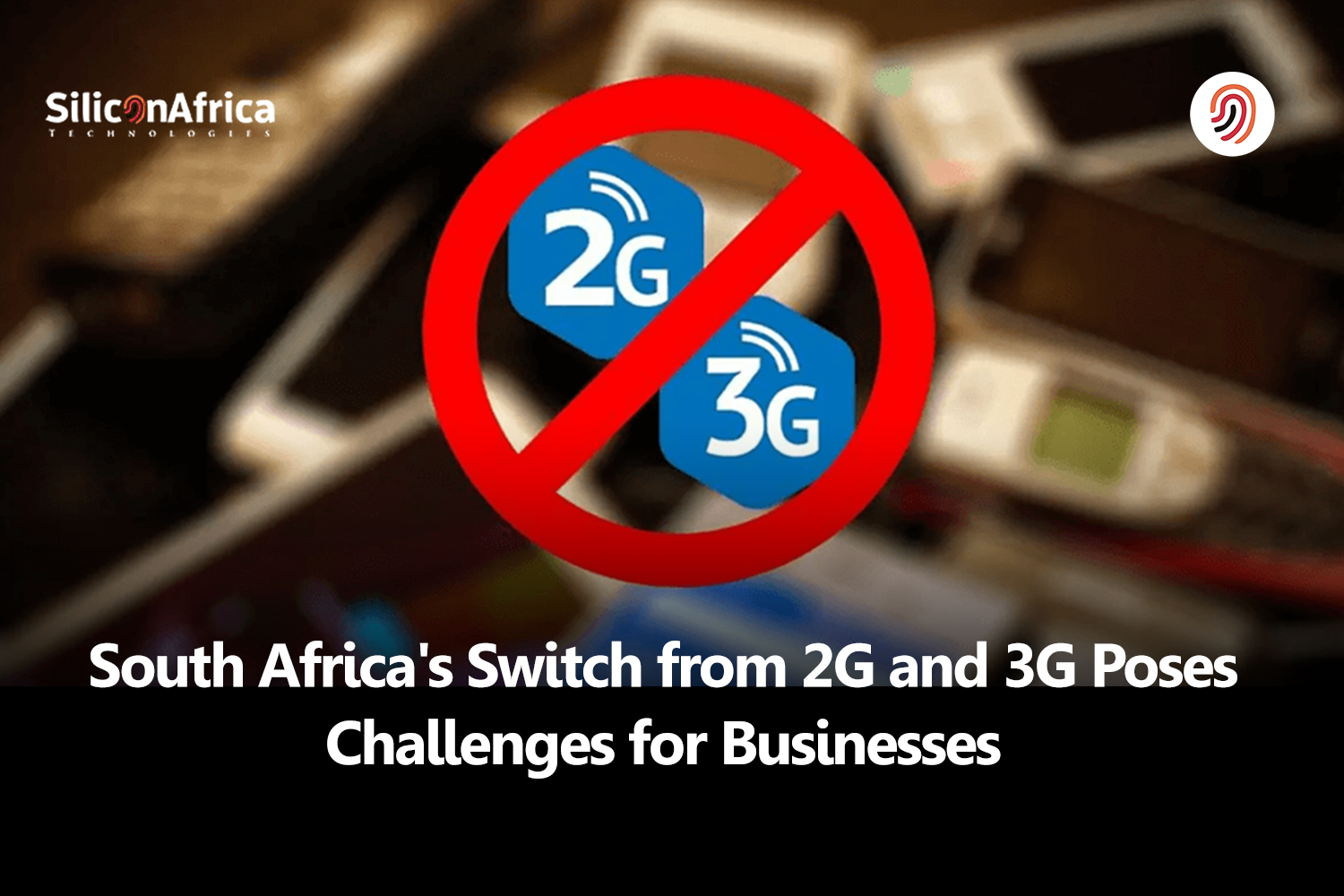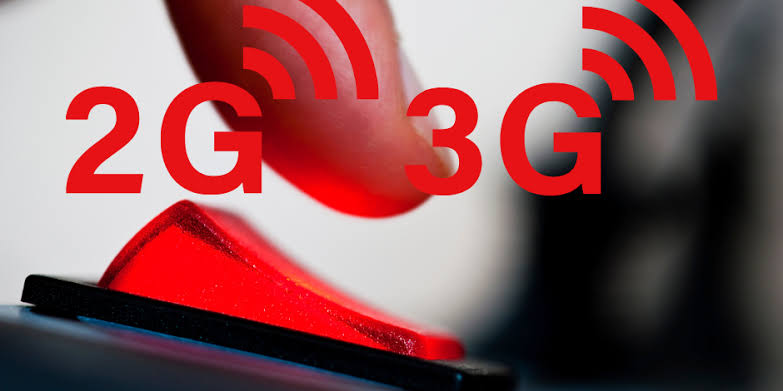Physical Address
60 Ekwema Cres, Layout 460281, Imo
Physical Address
60 Ekwema Cres, Layout 460281, Imo

South Africa’s telecommunications industry is on the cusp of a significant transformation with the impending shutdown of 2G and 3G shutdown in South Africa.
This move, scheduled for December 2027, aims to free up valuable spectrum for faster and more advanced 4G and 5G technologies.
While the transition promises enhanced connectivity and improved network performance, it also presents a set of challenges for businesses that currently rely on these older networks.
The decision to shutdown 2G and 3G networks is not unique to South Africa.

It reflects a global trend towards network modernization. 2G technology, first introduced in the 1990s, was primarily designed for voice calls and basic text messaging. 3G, which emerged in the early 2000s, offered a significant leap forward in terms of data speeds, enabling the proliferation of mobile internet access.
However, both 2G and 3G are now considered outdated technologies.
They are less efficient in terms of spectrum utilization and offer slower data transfer rates compared to their more advanced counterparts.
The impending shutdown of 2G and 3G networks has significant implications for businesses that utilize these technologies for their operations.
A critical area of concern is point-of-sale (POS) terminals, many of which currently rely on 2G or 3G connectivity to process electronic payments.
With the shutdown of these networks, merchants will be forced to upgrade their POS terminals to devices compatible with 4G or 5G networks.
This upgrade process will necessitate an investment of financial resources.
Additionally, businesses may need to incur training costs to familiarize staff with the new POS systems.
While the transition to 4G and 5G networks will require an initial investment from businesses, it also presents a multitude of opportunities.
4G technology offers significantly faster data transfer speeds compared to 2G and 3G.
This translates to quicker transaction processing times at POS terminals, leading to improved customer experience and reduced checkout queues.
Furthermore, 4G networks provide enhanced security features, helping to safeguard sensitive customer data during financial transactions.
The deployment of 5G networks promises an even more transformative experience.
5G boasts ultra-fast data speeds and ultra-low latency, enabling real-time data processing and communication.
This has the potential to revolutionize various industries, including retail.
For instance, 5G could facilitate the implementation of advanced inventory management systems that can track stock levels in real-time and automatically trigger reordering when necessary.
Additionally, 5G could pave the way for the integration of augmented reality (AR) into the shopping experience, allowing customers to virtually interact with products before making a purchase.
As the 2G and 3G shutdown in South Africa deadline approaches, businesses need to start planning their migration strategy.
Upgrading POS terminals to 4G or 5G compatible devices is the most straightforward solution.
However, for merchants in remote areas where cellular network coverage might be limited, alternative solutions may need to be explored.
One option is to leverage Wi-Fi connectivity for POS systems.
This approach would circumvent the reliance on cellular networks but would necessitate a dependable and high-speed internet connection at the merchant’s location.
Read More: South Africa is Set to Deactivate 2G and 3G Networks in 2027
The 2G and 3G shutdown in South Africa represents a necessary step towards network modernization.
While the transition may present challenges for businesses in the short term, the long-term benefits are undeniable.
Faster data speeds, enhanced security, and the potential for innovative applications powered by 5G technology all contribute to a more robust and future-proof telecommunications infrastructure.
By proactively planning and embracing the change, businesses can ensure a smooth transition and unlock the vast potential of next-generation networks.
Was this information useful? Drop a nice comment below. You can also check out other useful contents by following us on X/Twitter @siliconafritech, Instagram @Siliconafricatech, or Facebook @SiliconAfrica.